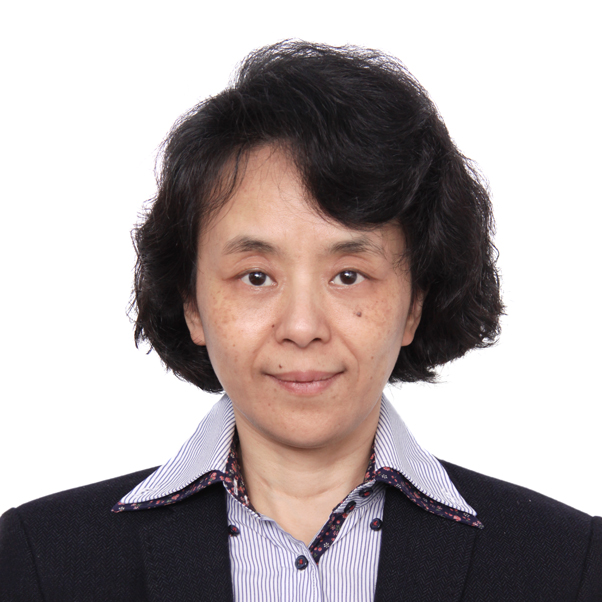
by Dr Jin Yan
Context is vitally important in conceptualizing the construct and specifying the content of language learning, teaching and assessment; however, the unique features of local contexts are often difficult to identify and capture. In a rapidly changing globalised world, the expeience of China will be used to discuss these issues. In this presentation, I will illustrate the importance of contextualized construct definitions and content specifications on language education in China with a specific focus on English and the reform programme that is currenly underway. Following the theme of the conference and in making connections, I will highlight the current contextual conditions instead of historically embedded structures or practices (Marginson & Rhoades, 2002). To be specific, I will discuss the impact of China’s fast-growing economy, its multilingualism, and the advancement in information and communication technology on learning, teaching and assessment.
What are some of the key issues surrounding the conference theme that you hope will be discussed?
Coming from a background where assessment is typically large scale and high stakes, I am most interested in how language assessment can encourage learners to develop skills and abilities that are not easily assessed in these large-scale assessments. Creativity and critical thinking skills, for example, are essential for the 21st century, but are seldom part of the construct of high-stakes language assessments.
I also hope to discuss the ways in which assessment agencies, especially those producing and administering large-scale national or international assessments, can contribute to learning-oriented assessment, as the conference theme is timely in an era when learning is becoming more and more learner-centered and individualized. Topics I would like to discuss include: how assessment can help promote learners’ awareness of, and strategies for, autonomous learning; the role of the CEFR in making the connection between learning and assessment; and the role of digital technology in promoting learning-oriented assessment.
I am also interested in assessment literacy studies, and how to enable language teachers to become assessment literate so that they can conduct learning-oriented language assessment. The line separating learning and assessment is becoming increasingly blurred and so language assessment researchers and practitioners should have both the responsibility and the capacity to make the connection between learning and assessment.
Your plenary presentation will talk about the importance of context with regard to current developments in language teaching and learning in China. Why is the Chinese experience so interesting and also so relevant to ALTE delegates from around the world?
In my presentation, I will use China as a case study when discussing the impact of contextual features on policies and practices of English language education. The features of greatest relevance to the conference theme are China’s fast-growing economy, its multilingualism, and recent progress in information and communication technology. I will examine the alignment of these contextual features with the aims and practices of English language education in China.
The China Standards of English project, which aims to develop a national framework of reference for English, has given professionals and practitioners an opportunity to ask some key questions about the context of English language education in China. For example, what are the motivations for learning English and in which domains is English most used? What English skills are important to Chinese learners and what varieties of English should be taught? What resources are available to Chinese learners of English? When should Chinese children begin to learn English and what level of proficiency should be attained at each educational stage? The Chinese context is relevant to ALTE delegates because our experience has implications for language policy design and implementation in any country or region where second or foreign languages are taught in schools and universities.
From a professional perspective, what can delegates gain from attending the conference? And from a personal perspective, what are you looking forward to most about the event?
Research-oriented delegates, especially professionals working for assessment agencies, will be able to exchange views with delegates from around the world on the relationship between learning and assessment, the need for further research, mediating factors in the interaction between learning and assessment, and the methodology of empirical investigation into this interactive relationship.
The first ALTE conference that I attended was held in Cambridge, UK, in 2008, and from a personal perspective, this ALTE conference will be a special experience for me as I have been invited to attend as a plenary speaker, and can inform delegates from around the globe about our activities in China, which has the world’s largest English learning community. I am also looking forward very much to meeting old friends and making new ones - the language assessment community is not very big, but its contribution to the world could be huge if we work together responsibly.

Professor of Applied Linguistics at the School of Foreign Languages, Shanghai Jiao Tong University, China
Dr Jin’s research focuses on the development and validation of large-scale and high-stakes language assessments. She is currently Chair of the National College English Testing Committee in China and Vice President of the Asian Association for Language Assessment. She is also co-editor-in-chief of the Springer open-access journal Language Testing in Asia and is on the editorial board of international and local journals, including Language Testing, Classroom Discourse, The Journal of Asia TEFL, and the International Journal of Computer-Assisted Language Learning and Teaching.